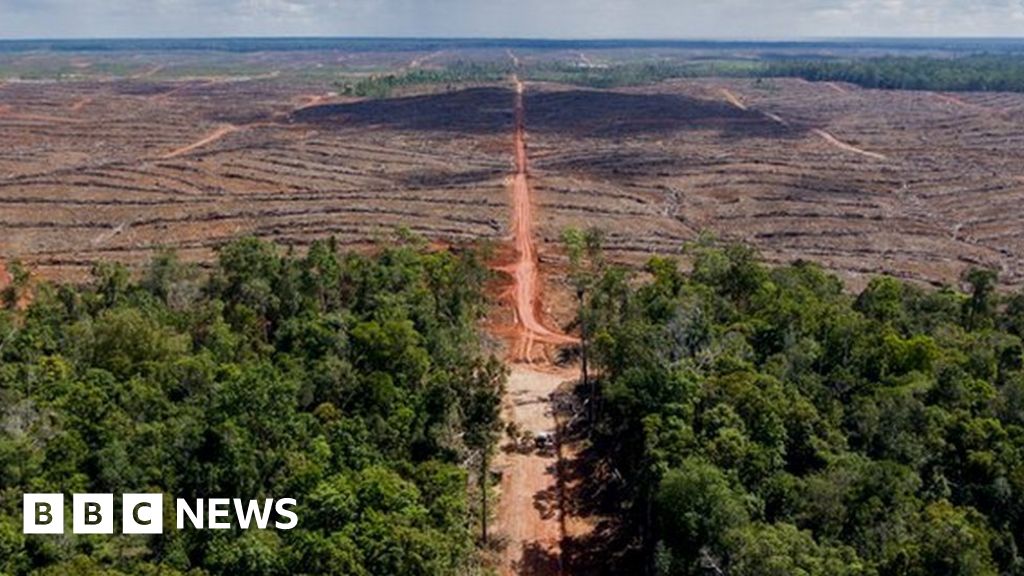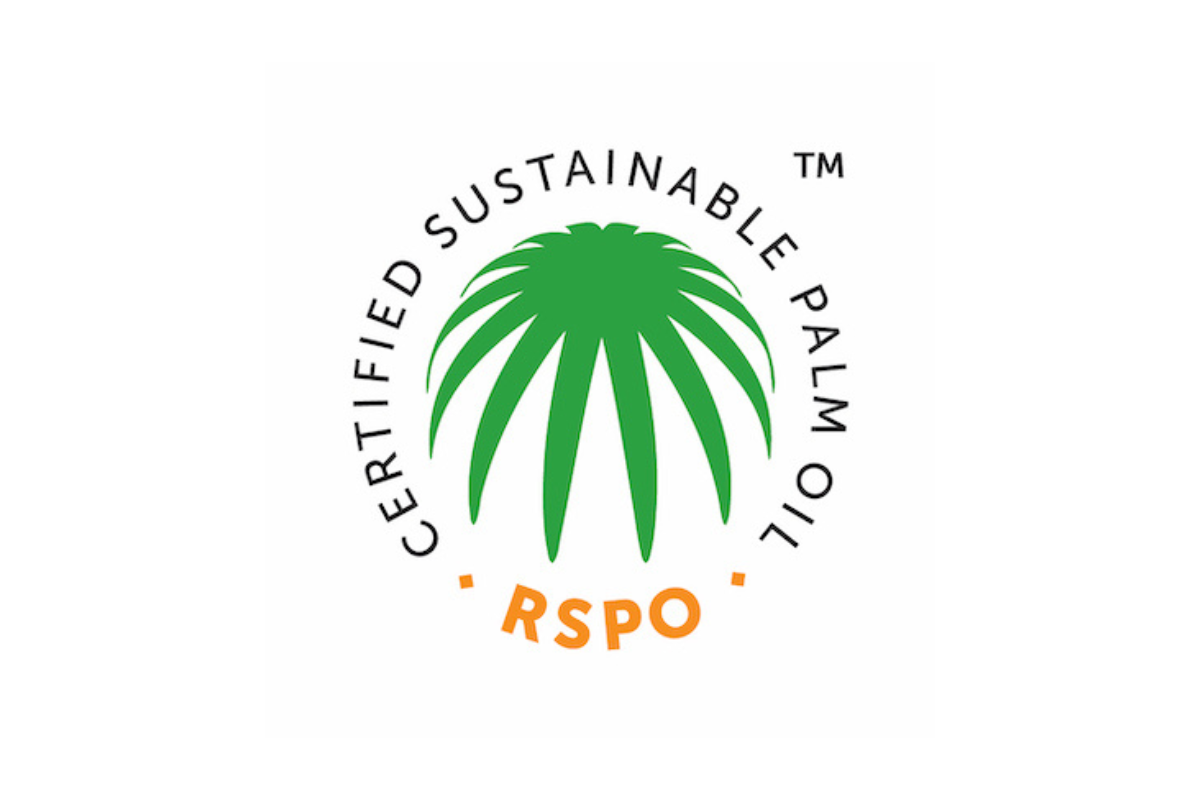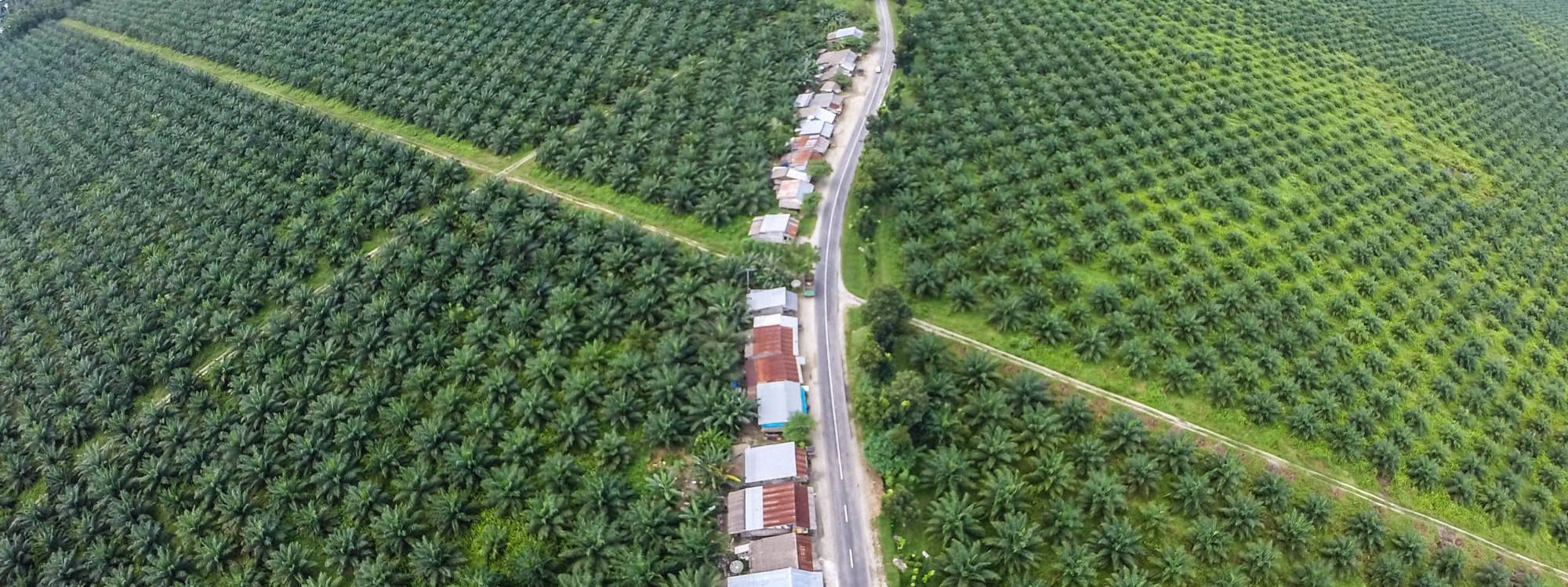People try to turn this into some sort of dilemma where we can only fix one or the other. We can worry about climate change and worry about palm oil plantations. If anything, rainforests are major carbon sinks and so preserving them is a way to help a teensy bit with climate change
As far as plant communities, there are many many studies showing that shifts in climate lead to shifts in plant communities. Hell, we have a new hire in our department whose major research focuses on how plants respond to changes in snow cover and such. It's also pretty obvious: if a region is suddenly warmer and dryer, than plants adapted to warmer and dryer conditions will do better, and in the long-term spread and replace the existing poorly suited plants
Here's just one summary of a recent paper:
In a comprehensive study of nearly 20,000 species, research shows that plant communities are shifting to include more heat-loving species as a result of climate change.
www.sciencedaily.com











